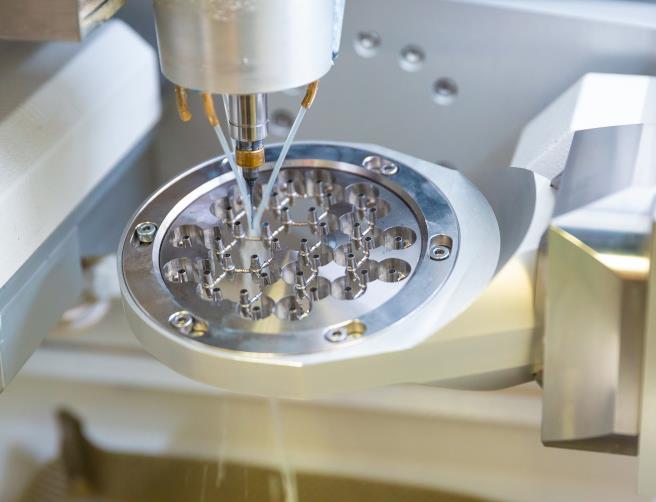Why Opt for Aluminium Alloy Die Casting?
Opting for aluminium alloy die casting offers a range of benefits for manufacturing high-quality, durable, and detailed components. This process, which involves forcing molten aluminium alloy under high pressure into a mold cavity, is renowned for its efficiency and versatility. Understanding why aluminium alloy die casting stands out can guide manufacturers in making informed decisions for their production processes.

Advantages of Aluminium Alloy Die Casting
High Strength-to-Weight Ratio
Aluminium alloys are known for their exceptional strength-to-weight ratio. This characteristic makes aluminium alloy die casting an ideal choice for automotive, aerospace, and electronics industries, where reducing weight without compromising strength is crucial.
Superior Corrosion Resistance
Aluminium naturally forms a protective oxide coating, making it highly resistant to corrosion. This property can be further enhanced through treatments such as anodizing or painting, making die-cast aluminium parts suitable for harsh environments and extending their lifespan.
Excellent Thermal Conductivity
Aluminium alloys exhibit outstanding thermal conductivity, which is beneficial for heat dissipation applications. Components like heatsinks and housing for electronic devices benefit significantly from this property, ensuring devices operate within optimal temperature ranges.
Precision and Detail
The die casting process allows for the production of parts with high precision and intricate details. Tight tolerances and smooth surface finishes are achievable, reducing the need for additional machining and finishing processes. This precision is essential for complex components with specific functional requirements.
Cost-Effectiveness
Reduced Material Waste
Die casting is an efficient process that produces minimal waste, as excess material can be recycled and reused. This efficiency not only reduces material costs but also aligns with sustainable manufacturing practices.
Economies of Scale
Aluminium alloy die casting is well-suited for high-volume production runs, offering economies of scale. As production quantities increase, the cost per unit decreases, making it a cost-effective solution for mass production.
Longevity of Molds
Die casting molds are typically made from high-grade steel, which can withstand the pressures and temperatures of the casting process for an extended period. This durability allows the molds to be used for hundreds of thousands of cycles, contributing to the cost-effectiveness of the process.
Design Flexibility
Versatility in Applications
The versatility of aluminium alloys, combined with the capabilities of the die casting process, allows for a wide range of applications. From automotive parts, such as engine components and gearbox cases, to consumer electronics and household appliances, aluminium die casting can meet diverse design requirements.
Complex Geometries
The ability to cast complex shapes with thin walls makes aluminium alloy die casting a preferred choice for designing parts that would be difficult or impossible to manufacture with other processes. This flexibility opens up new possibilities for component design and integration.
Conclusion
Choosing aluminium alloy die casting offers numerous advantages, including a high strength-to-weight ratio, superior corrosion resistance, excellent thermal properties, and precision manufacturing. Combined with its cost-effectiveness and design flexibility, aluminium die casting is an optimal choice for producing a wide range of components across various industries. Its benefits underscore why manufacturers continue to rely on this process for their most critical and innovative applications.